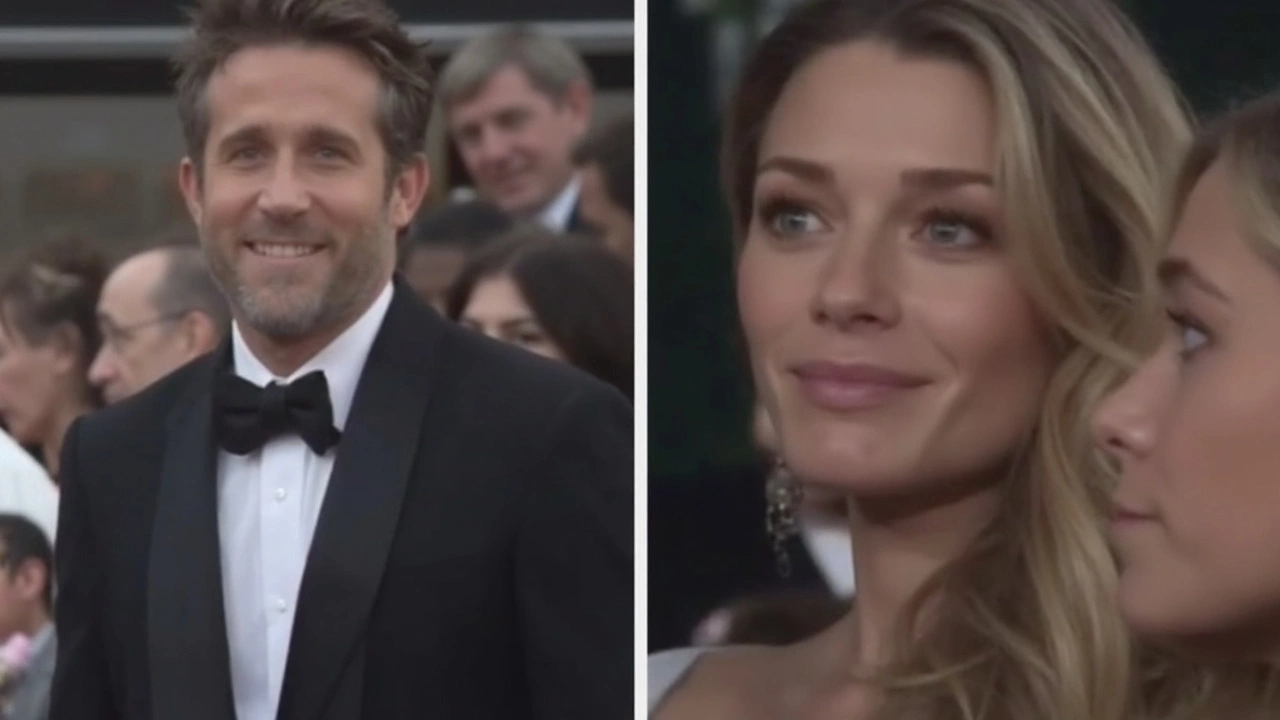In a turn of events that could easily be part of a scripted drama, Ryan Reynolds recently brought a touch of humor to a serious situation during the SNL 50: The Anniversary Special. All eyes were on Reynolds as he took to the stage during a skit hosted by Tina Fey and Amy Poehler. When asked how he was doing, his response, "Great - why, what have you heard?" was a nod to the intense legal battle impacting his wife, Blake Lively, and actor-director Justin Baldoni.
The crux of the drama stems from Lively's accusations against Baldoni from December 2024, alleging sexual harassment and retaliation. Baldoni, denying these allegations, responded with a staggering $400 million defamation and extortion lawsuit against Lively, Reynolds, and their publicist. It was clear that the joke, though light-hearted in intention, touched a raw nerve. Lively's reaction was visibly less amused, and she grimaced on camera, echoing a similar reaction seen on Kevin Costner's face as he caught Reynolds' remarks.
Reynolds' choice to bring humor into legal proceedings this serious unsurprisingly sparked vigorous debate on social media. Opinions were sharply divided. Critics slammed the timing, calling it insensitive and tone-deaf. Others defended Reynolds, appreciating his attempt to break the tension with levity and pointing to his history of using humor as a coping mechanism in turbulent situations.
But the off-camera battle is far from a comedic skit. Baldoni, standing firm in his denial, characterized the allegations as damaging and legally contentious. His legal team has actively contested Lively's subpoenas for phone records, branding them as "invasive" and "atypical" — a bold move highlighting the escalation of the case. Simultaneously, Baldoni is also embroiled in another heated legal matter with The New York Times, suing them for $250 million over their coverage, which he argues has been detrimental to his reputation.
This high-stakes legal conundrum has not only captured public interest due to the celebrity figures involved but also for its implications on privacy and the lengths that legal skirmishes can reach in the digital age. With lawsuits flying and public opinion polarizing, the case between Lively, Baldoni, and now Reynolds promises to be as gripping as any Hollywood script.
